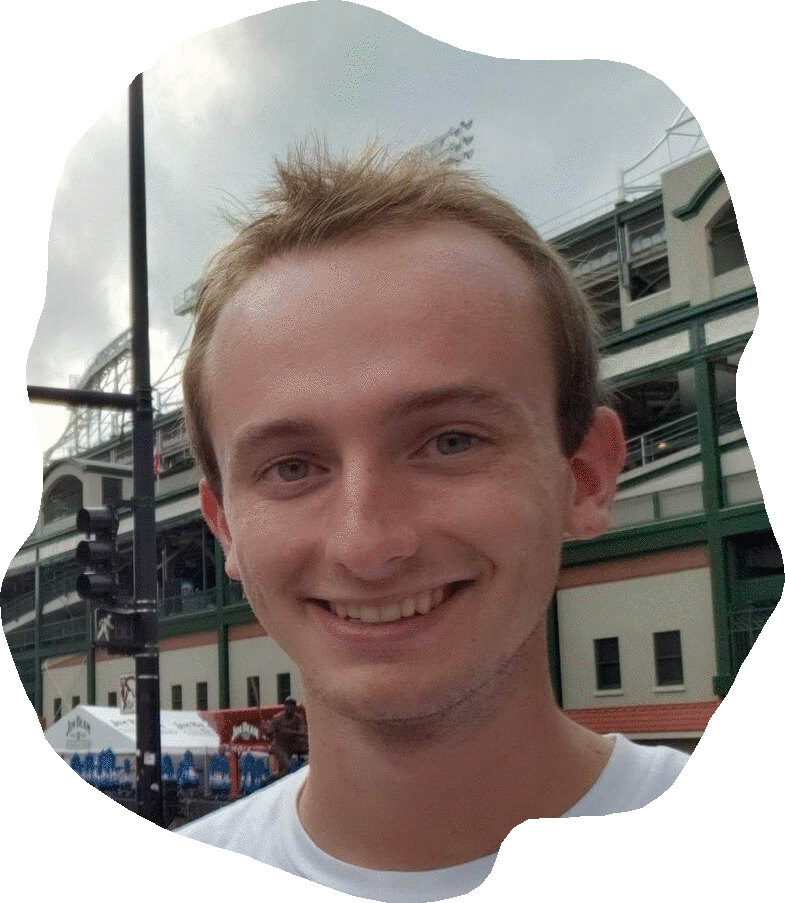
I'm a third-year computer science PhD student at DIRO at the Université de Montréal, advised by Bang Liu. I study the structured use of LLMs within larger pipelines and agent systems, from both robustness and sociotechnical perspectives. Here's my resume (and the academic version).
Previously I was a speech scientist at Cobalt Speech & Language, a company that designs custom speech recognition, text-to-speech, and dialogue models. While at Cobalt I worked on some neat projects, including language modeling for recognizing air traffic control speech and creating an online training system for ASR models.
I graduated from BYU with a BS in Applied and Computational Mathematics (ACME) with an emphasis in linguistics and a minor in computer science. ACME's rigorous curriculum includes graduate-level courses in algorithms, analysis, optimization, statistics, data science, optimal control, and machine learning.
During my undergrad I interned with Cobalt Speech, as well as Emergent Trading, an automated trading firm that made the news for reporting a problem in a Eurodollar exchange rule that unfairly favored larger competitors. (I developed the analysis tools that were used to track the issue down and determine how our opponent was taking advantage of the rule.)
contact (he/him)
Around the web I'm known by the username kylrth. I prefer to be contacted through
the Matrix protocol (@kyle:kylrth.com). (If you'd
like an account on my Matrix server, follow the instructions here.) My GPG public key is here.
Matrix / Signal / Session / email / GitHub / LinkedIn
research
Here's my academic CV.
Several of my projects center on providing LLM systems with formal structure for procedural (how-to) knowledge. Providing explicit structure for procedure planning allows developers and users to "open the hood" on the planning and action phases of a pipeline, and allows us to build "skill libraries" of procedures that can be adapted to new tasks.
other stuff
- other projects:
- WordBurner (in development): an app for language learners to use to develop their vocabulary. Users can add words to their active list, and the app will recommend additional words that they might also want to learn. In addition to my personal use learning French, I hope this app will make it easier for displaced people to adapt to the culture where they find themselves, even when their language skills are already advanced.
- my posts about self-hosting
- fun websites: